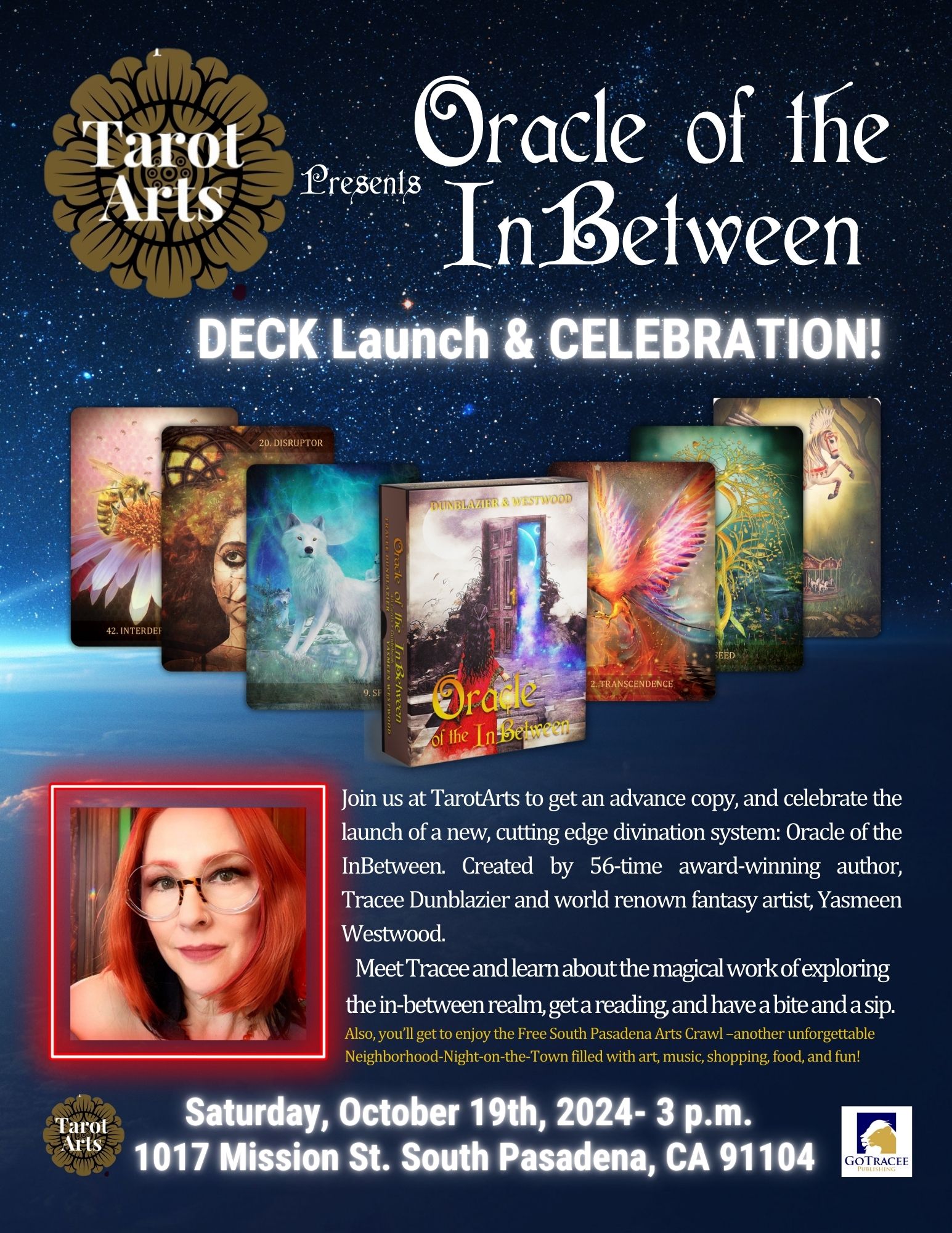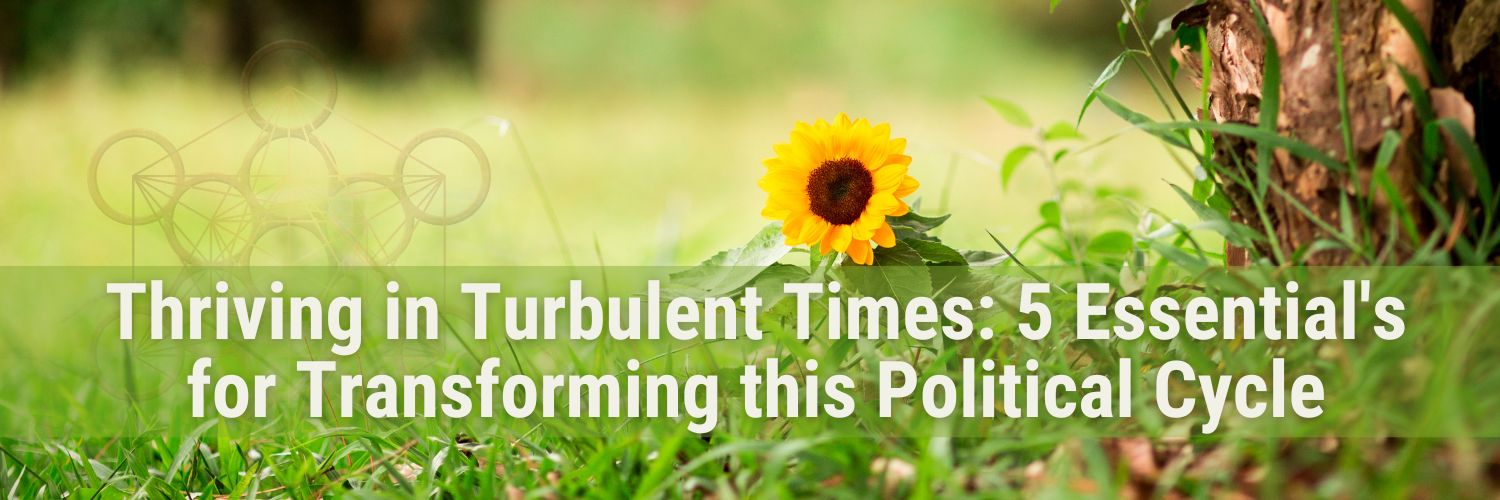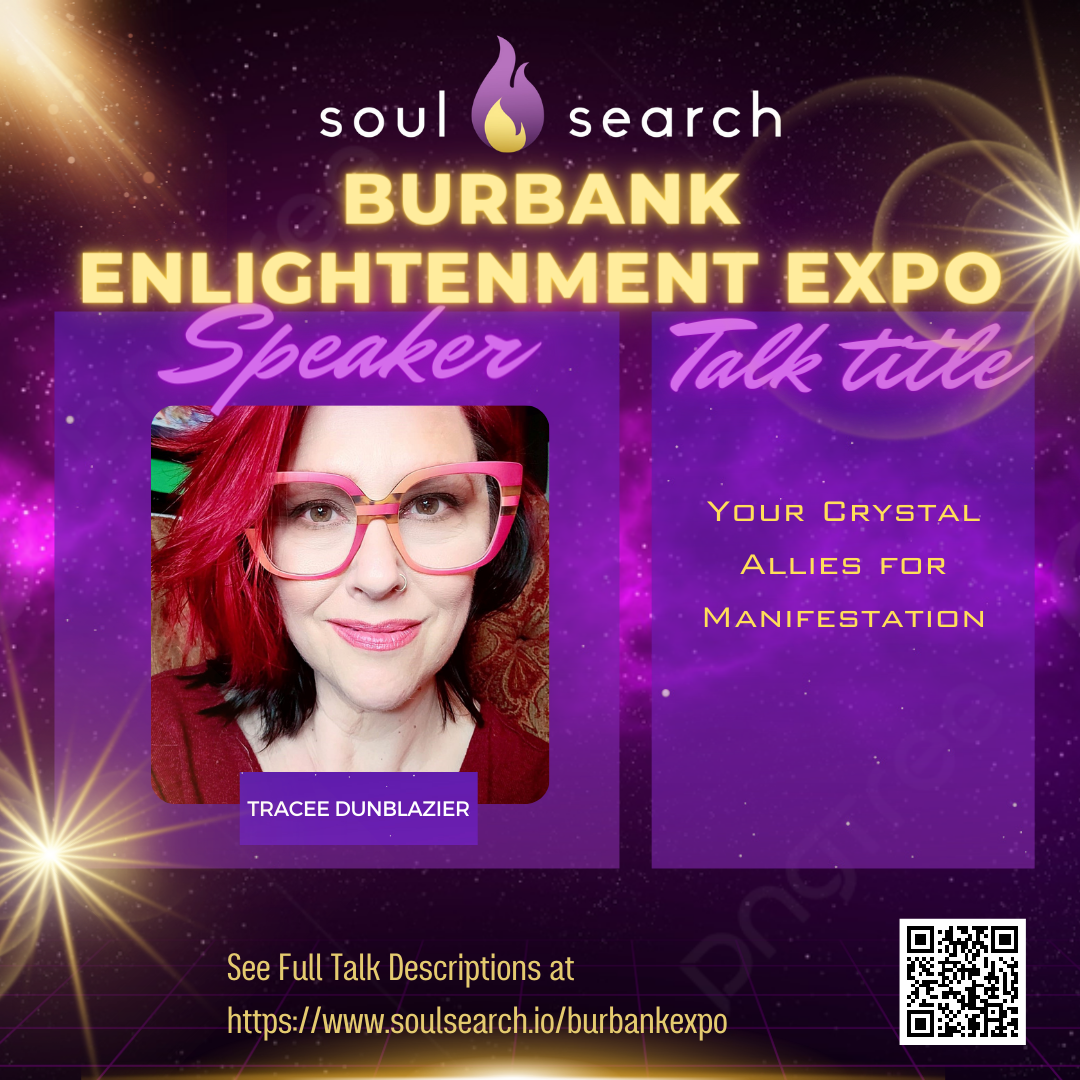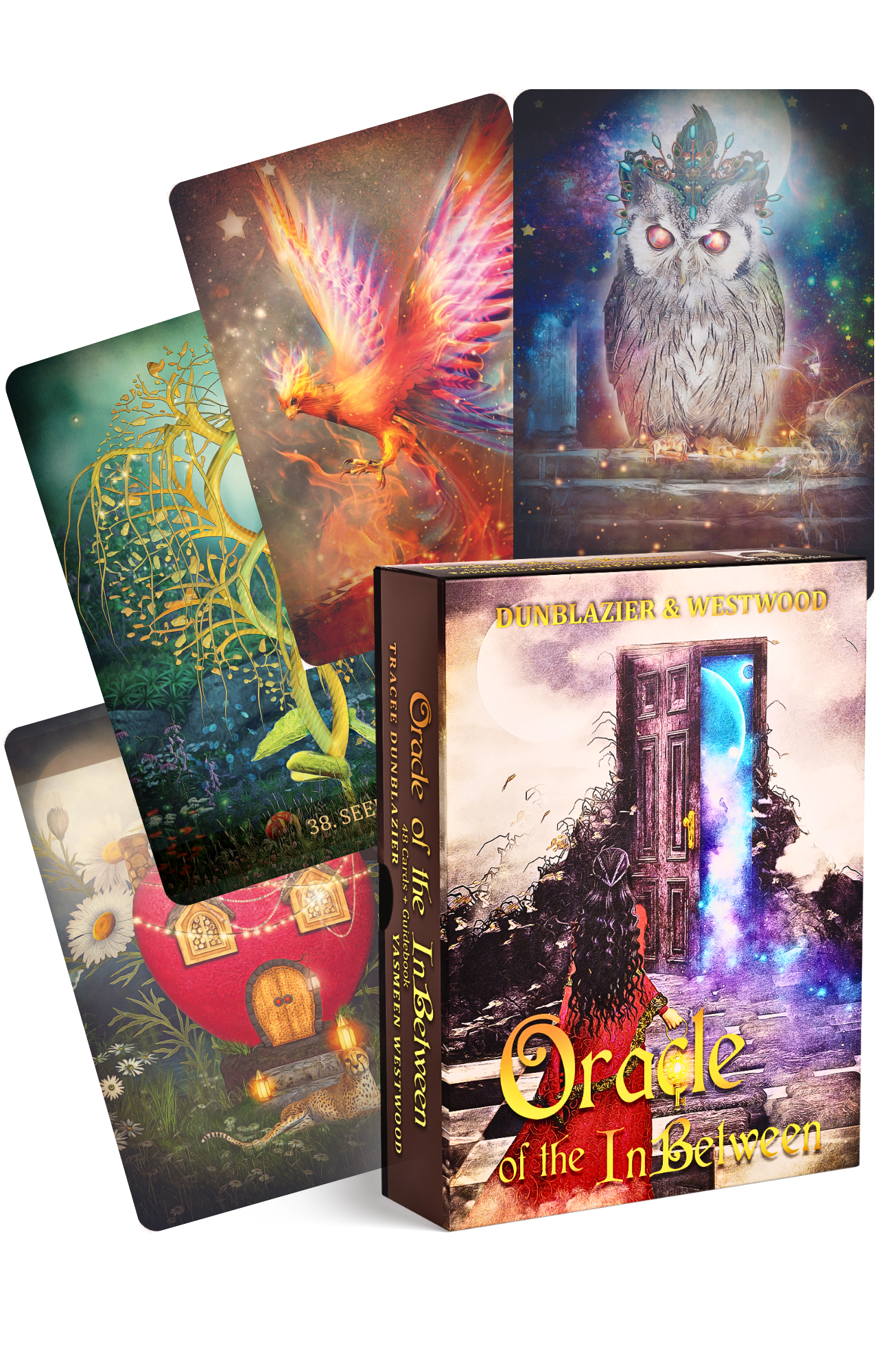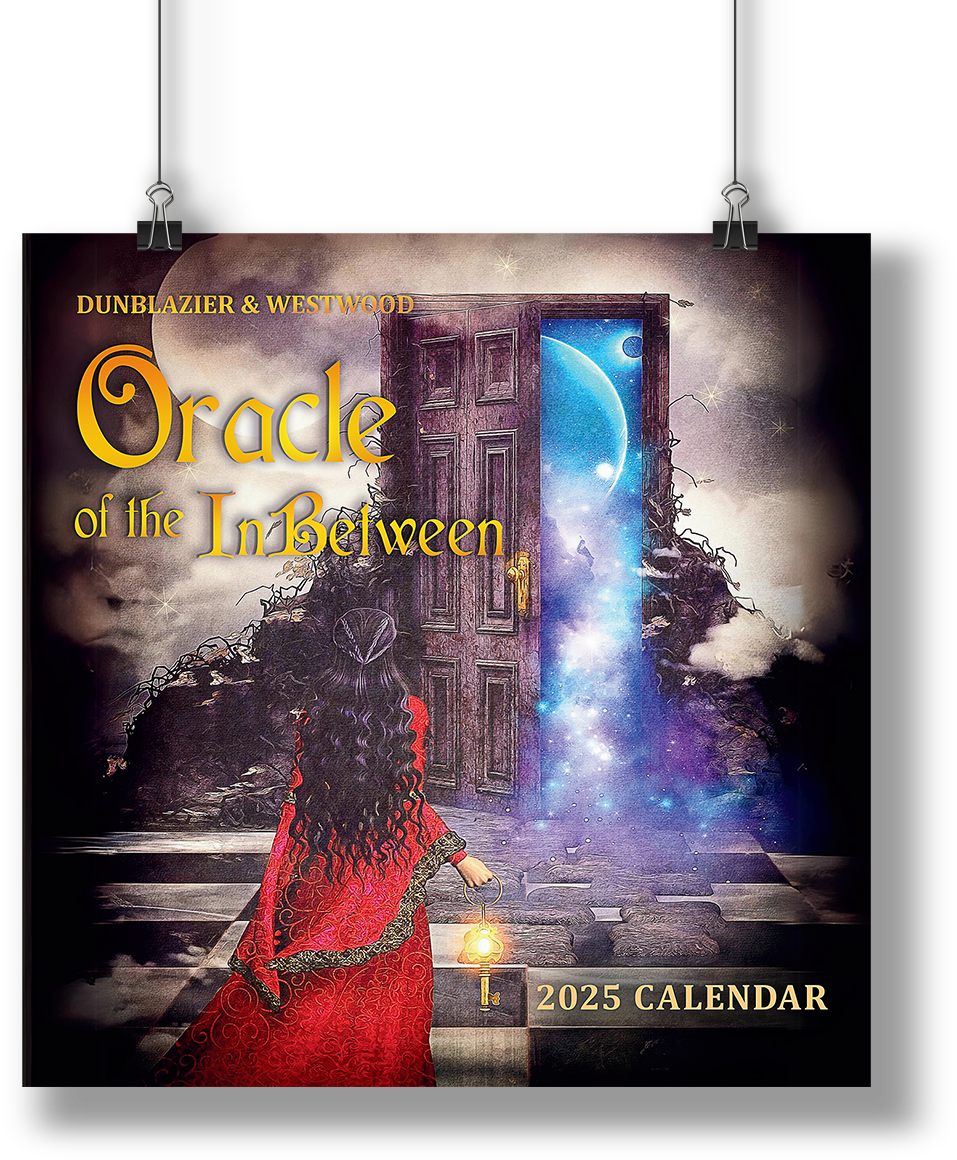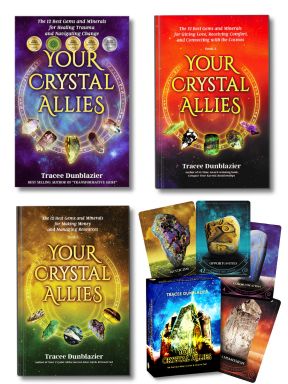
Author Name: Tracee Dunblazier
Publish Date: June 7, 2016
Website Link: https://www.meetmindful.com/conscious-shift/
Positive negativity? Tracee Dunblazier shares insight from her new book on how a conscious shift in how we consider “negativity” can change everything.
The following is an excerpt from Tracee’s latest book, Master Your Inner World: Embrace Your Power with Joy (The Demon Slayer’s Handbook Series 1)
“Negative thoughts have a positive message.
The slayer’s path is to think and feel—always—but also to cultivate the ability to think and feel with honesty, mastery, and flow. Sometimes, when we don’t like what we think and feel, we naturally stop the flow so we may better and more clearly recognize what we are thinking and feeling.
Does it make you mad that sometimes your thoughts are really negative? Most of us have spent a good part of our lives and energy feeling angry, sad, and ashamed of these thoughts and their role in our lives. Little time is spent on acknowledging their nature, function, and purpose.
Demons are dense in nature and can connect to all of our lower vibrational emotions such as anger, grief, sadness, greed, lust, guilt, disappointment, or apathy, to name a few. Although we consider these emotions to be negative, it is the very nature of that negativity that allows for the presence of their positive message in our physical world. They are potent enough to penetrate the physical world we live in and are the anchors connecting all other creative energy here. Essentially, all of our negative thoughts hold great power for each and every one of us in the true message that they bring.
Negative thoughts are arrows that have a very important function in our world; they are as incredibly transformative to us as a chisel is to stone. They have an equal and opposite value that is positive. Every thought has a negative or positive vantage, and that means every negative thought has a positive meaning. While a demon’s purpose is to create chaos and destruction, chaos in and of itself is not bad; in fact, chaos is a very necessary part of the natural cycle of all things and a universal truth.’
—p163
‘For a couple of years, I went through some deep transformations in my relationships; there were quite a few people in my daily physical life who were actually in conflict with me. (Well, more accurately, they were in conflict with themselves.) In objective truth, they weren’t my friends; they were acquaintances or associates with whom I had many things in common. Calling our relationships “friendships” was my subjective perspective. With many of them, it was all about what they needed from me, or my availability to them, or even what I had been to them in the past; but these relationships didn’t really include who I am as an individual and what I needed today.
During this time I was covered in a shroud of bitterness about my relationships. Always frustrated and defeated, my mantra was, I don’t really have any friends…well, just you. You’re my one friend. I used to say this a lot. Every time, it gave me a chuckle; somehow it felt soothing for me to say. The fact was it always seemed I had quite a few friends and certainly had more of a social life than I could handle.
As I became aware of this mantra, I began to question what it reflected. I prayed on it every night: “God, why do I feel this way?”
As it turned out, for me this was the end of a very long cycle of living a particular energy pattern. Being in the helping business had surrounded me with people who hadn’t yet fully accepted themselves, and I found out I hadn’t really been truly myself in any relationship for quite some time—if ever. I found that I didn’t always respond with my voice; I responded with the helping voice of what they needed…’
—p161
The Slayer’s Path: To Think and Feel
‘Take the emotion of bitterness, for example. Bitterness exists in place of heartfelt communication. When the throat (fifth) chakra is out of balance, the heart doesn’t get enough of the flow it needs for balance. My bitterness about my relationships existed because I had been in a therapeutic (spiritual) outlook (lens) regarding almost every person that I knew, professionally (as an empath) or personally (being an empath).
Over time I didn’t make the adjustments I needed in myself, or communicate my needs to the people who were most important to me. In fact, I’d not really made any distinction at all. My lens in all my relationships had been from the place of compassion, a spiritual vantage (heart, third-eye, and crown chakras), wherein the truth is we are all equal and have immense value. My truth, for many years, was that my needs were fulfilled just by helping, that helping others helped me. When that dynamic changed, when I realized that helping others didn’t necessarily always help me, I didn’t make the necessary adjustments to solidify the new dynamic.
For men and women to meet freely as mature and integrated people, they each have to live in unison with their inner opposite sex, for woman can only touch the essential being of a man if she has integrated her inner man, and a man will only reach the true being of a woman if he has integrated his inner woman.
—Marie-Lu Lorler, Shamanic Healing within the Medicine Wheel
A slayer must learn to become all things to themselves, rendering them invincible. When we believe that we are not whole without the presence of others, we become vulnerable to the pursuit of those needs that we cannot meet by ourselves. Consciously or unconsciously, we seek to fulfill our needs in the world outside of us. When we do that, we diminish our own sense of power, self-trust, and faith, which are the three most important characteristics of a slayer. As you begin to become all things to yourself, you will be able to love completely and find love in every circumstance.”
—p164
5 Easy Ways to Be Positive About Negativity
I attended a healing group one time with a man I was dating, everyone was taking turns sharing their week when a woman out of turn starts screaming and crying. I turned to her and asked what was happening and she continued while pointing at another woman across the room. I took a deep breath encouraging her to calm down and asked her if she could wait until it was her turn. She quieted. Just as soon as the next person started, she began this time to cry and hyper ventilate holding her throat. My date turned to her and said, in a solid, firm yet calm voice, “Hey, are you okay? Is this a 911 situation? Because I will call them for you.” She looked at him and became silent and the tears stopped, as if surprised that someone was concerned–– then shared when it was her turn.
I was quite impressed with my date. He didn’t diminish her in any way, he showed concern, but went directly to the core of “Are you safe?” and kept to the parameters of the group which were: everyone gets to speak and deserves to speak uninterrupted.
You see, oftentimes the folks whom seem addicted to drama or a negative perspective are just having a completely different experience than others in the situation. No less important or valuable, but definitely different. This is very common in a relationship, especially a new one so I’d like to shed a little light on it.
For starters, I’d like to relieve you of the term drama or the idea of being too negative when it comes to inter-relationship dynamics. It quickly diminishes the concern at hand and when you seek to lessen the impact of something for which you do not have all of the information, it disables you from getting that information accurately. Instead of drama or negativity, let’s use the word PAIN. Any sort of drama a person expresses is sourced from some level of pain: past or present. People like to resort to these terms because it’s common in relationships to project pain onto a partner when they are not the cause.
Actually, you can take that as a compliment. Seriously, if someone is projecting their pain onto your relationship with them, they are doing it for one of two reasons. First, is that they feel safe with you. Often people who have lived through tumultuous experiences or abuse of some sort have difficulty expressing it unless and until they feel safe.
Don’t get me wrong, I’m not saying, “Hey, it’s okay that they treat you like a jerk…they feel safe.”
But, what I am saying is their experience of safety and trust in you allows for them to dig a little deeper into the landmine wounds of their soul, consciously or unconsciously. Which in the land of human transformation is a glorious momentous occasion and opportunity for healing.
The second reason is a little different. It relates to the first reason in that when people first come together, they meet spirit to spirit. For many couples this spiritual introduction is unconscious and it is the presence of reaction and the illusion of drama that let you know there is a deeper meeting of the spirit. I call it the 50/50.
The 50/50 Rule
 “The operating rule of thumb as the burgeoning independence grows inside of you, and ultimately in your relationships, is called the 50/50 Rule. It’s the understanding that everything that you encounter on every level—from thoughts, feelings, experiences, and events—is somehow connected to you, and you contribute half of their purpose. The idea is that you need the way things are happening in your life at any given time, as do the people with whom you participate.
“The operating rule of thumb as the burgeoning independence grows inside of you, and ultimately in your relationships, is called the 50/50 Rule. It’s the understanding that everything that you encounter on every level—from thoughts, feelings, experiences, and events—is somehow connected to you, and you contribute half of their purpose. The idea is that you need the way things are happening in your life at any given time, as do the people with whom you participate.
The intensity with which you speak to someone is a direct result of their density and vice versa.”
—Heal Your Soul History: Activate the True Power of Your Shadow, book 2 of The Demon Slayer’s Handbook Series (2017); Tracee Dunblazier
Everyone has an unconscious lock and key. It is the part of their spirit that expresses itself through what it attracts or provokes in another. One person energetically provokes another to express themselves in a particular way.
For example: you desire to be treated with respect but you deeply fear one’s hostility. Or, you deeply dislike your partner to touch your forehead…yet they keep doing it over and over. Or, you find cursing abhorable, yet no matter how many times you say it, your partner talks like a sailor. (No disrespect, I know all sailors don’t curse.) These are the subtle little ways we gnaw at the spiritual fibers of our relationship…they cause the negativity (pronounce the pain) because they appear to be meaningless irritations and idiosyncrasies that occur over and over in our relationships as petty discomfort and conflicts.
What we may not be taking into consideration is the unspoken information that is being triggered. A person who has experienced abuse in their lifetime or any form of racism or bigotry may be triggered by any appearance of disrespect. The person who doesn’t like their forehead touched: maybe had a concussion from falling forehead first, out of a tree. A person who doesn’t like cursing may be an ultra-sensitive and feel the impact of the harsh language viscerally or maybe they had an alcoholic parent that cursed at them all the time. No matter how you slice it, unprocessed pain from any time in our conscious or spiritual life remains intact and finds ways of being brought to the surface for healing.
So, if you find yourself in a place in your relationship or with a specific partner who triggers you continually, consider these things.
- Consider that the discord in your relationship is not caused by your partner or a product of the relationship at all.
- Ask yourself what the feeling is, that is provoked when you feel triggered by your partner?
- Take some time away from your partner to reflect on those feelings and get to the origin of them.
- Let your partner know clearly that you understand that they are not the cause of your pain or discomfort but what they are doing is making the wound you carry obvious to you.
- Make an agreement with yourself and the specific emotional wound in question that you are ready to receive healing on all levels.
In our culture, we love drama. We support it in many ways daily. So if you find yourself with a little extra, know this: The more quickly you embrace it and get to the core of its message to you, the more peace you will have for yourself and in your relationship.
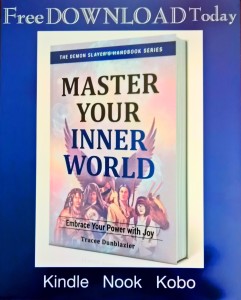 The first installment of Tracee’s The Demon Slayer’s Handbook Series, Master Your Inner World- Embrace Your Power with Joy was published in May of this year. She is offering a free book download any time between June 9th-17th on any Amazon, Nook, or Kobo site.
The first installment of Tracee’s The Demon Slayer’s Handbook Series, Master Your Inner World- Embrace Your Power with Joy was published in May of this year. She is offering a free book download any time between June 9th-17th on any Amazon, Nook, or Kobo site.
Book description:
Are you haunted? Demons know about you. You should know about them.
Every day we are exposed to negative influences that impact us on all levels. Discover what they are and how to wield your power to transform or repel them
This book will demystify and unravel confusion around complete self-acceptance and the healing of your inner world, and ultimately your outer world. Gain a brave new perspective of the multiple dimensions of energy that can influence you and understand the profound magnitude of your power in any situation.
The choices you make change your relationships and dictate how other worldly beings and the dimensions they live in can affect you. By understanding what they are and where they come from, you give wisdom to their purpose.
Respecting all beings gives you an advantage in your physical world. This book is a game changer for anyone who suffers.
Fight the devil and win, one demon at a time:
Learn the spiritual process of what it means to be a Slayer.
Develop your psychic and spiritual awareness through creating a sacred space at home.
Discover what a demon and other spiritual entities truly are in all paradigms.
Know the spiritual purpose of anger and grief and learn how to master strong emotions.
Understand how your personality relates to your relationships.
Learn what it means to use telepathy to protect yourself.
Receive a new framework for healing, from the Soul to the body.
Ready for conscious, like-minded individuals you really want to meet?
Register with MeetMindful for free today—the fastest growing dating site for conscious singles.
About the Author:
Tracee Dunblazier, GC-C, CCDC, spiritual empath, shaman, educator, author and speaker is based in Los Angeles, California. Tracee specializes in grief counseling, energy dynamics, Shamanic healing, past life and soul recovery, transition strategy, addiction transformation, and space clearings. In 2015, Tracee founded GoTracee Publishing LLC and BeASlayer.com to publish a new hybrid of self-help, memoir, and spiritual book to access a wider audience of spiritual seekers. As a multi-sensitive, Tracee blends information that she receives intuitively with different modalities to create a unique healing plan for every client. Every session is focused on freeing the client from their presenting issue to release, empower, and heal – no matter what the condition. Tracee’s compassionate, humorous, down-to-earth style supports and empowers clients as tender topics are addressed during the session. An accomplished author, Tracee has written two books on the topic of personal soul excavation and deep healing from soul to body. Book one: The Demon Slayer’s handbook: A Practical Guide to Mastering Your Inner World addresses inner mental, emotional, and spiritual mastery through self-awareness and spirit guide communication. Book two: The Demon Slayer’s handbook: A Practical Guide to Self- Healing and Unconditional Love empowers cultural awareness and understanding through looking at the concept of past lives and soul imprints. Tracee’s published articles cover many subjects related to spirituality and relationships while her blog breaks down current events and daily energy dynamics that everyone experiences. Tracee’s been a guest on many prominent television and radio programs informing others about spirituality and sacred ritual practices. Tracee teaches workshops, webinars, and offers two online courses on the DailyOm.com. As well as speaking engagements touching on subjects like grief, death & dying, unconditional love, self- acceptance, and healing.


